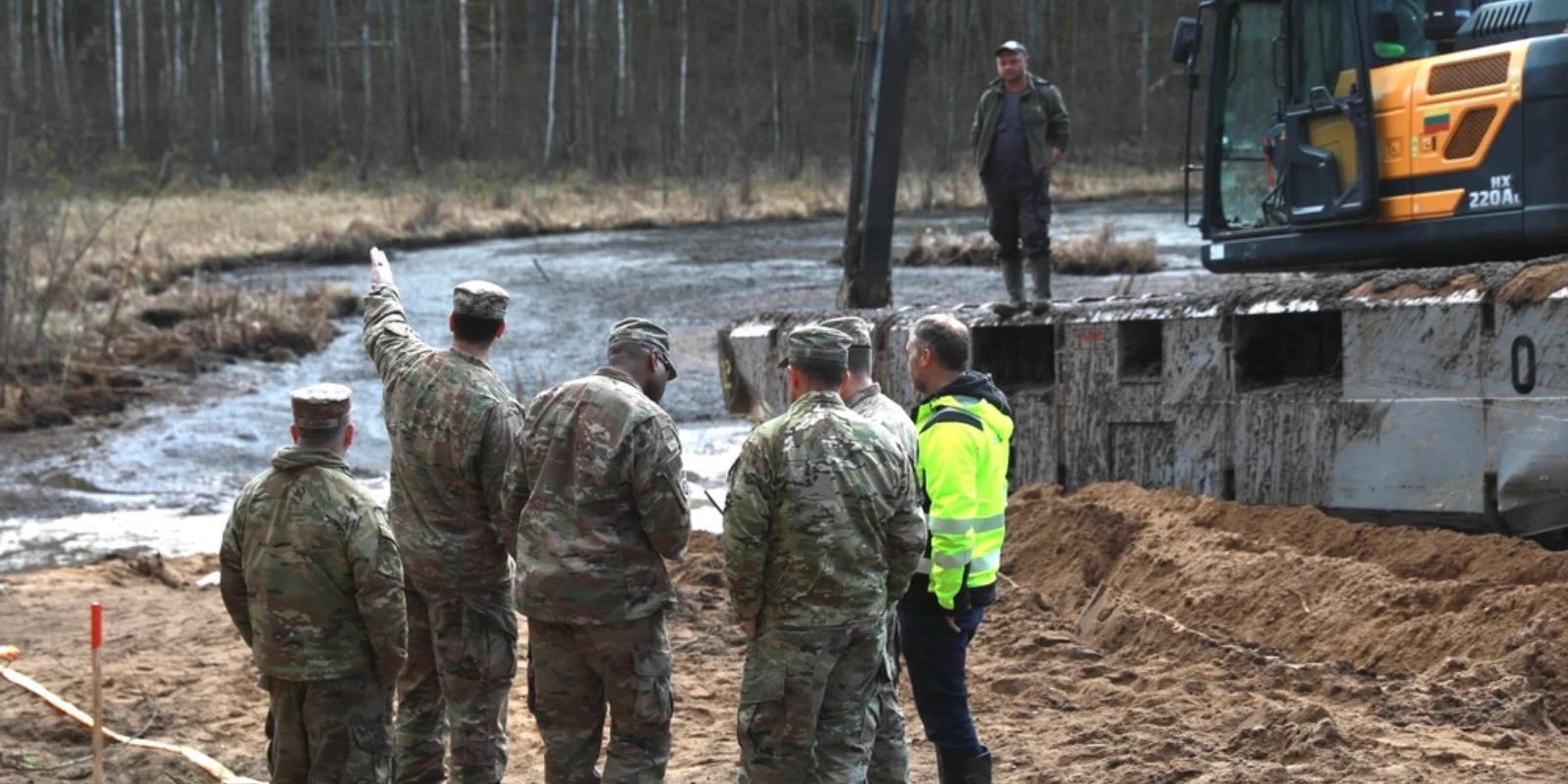TRICARE DOESN’T COVER MILITARY IN VITRO FERTILIZATION, LAWMAKERS PUSH TO EXPAND ACCESS

Using TRICARE to cover healthcare expenses is an integral part of military life, but it’s falling short for many warfighters. Military in vitro fertilization (IVF) treatment isn’t covered, but there are politicians working to change this for service members and their families.
Does the Military Pay for In Vitro Fertilization?
TRICARE doesn’t cover Assisted Reproductive Technology (ART) services like IUI, IVF, or cryopreservation. However, in 2024, a new Defense Department policy expanded fertility treatment eligibility to unmarried service members and those needing donor eggs or sperm.
Previously, these benefits were limited to certain married service members, with policies excluding same-sex couples.
Even though new measures have improved access, ART services still aren’t fully covered, so those seeking treatment may need to explore other options for financial support.
This is why there’s still a push to do more for service members seeking IVF treatments as a viable option for starting their families.
Democrats Pushing for IVF Coverage for Military Members
Congressional Democrats are pushing to expand IVF access for military service members by introducing legislation that would require TRICARE to cover the procedure.
Led by Sen. Tammy Duckworth (D-IL) and Rep. Sara Jacobs (D-CA), the bill aims to match the fertility benefits available to Congress members and remove the requirement that infertility be directly linked to military service.
Supporters say that having the military cover in vitro fertilization could be life-changing, allowing service members to grow their families without sacrificing their careers.
“I think it will be huge. We know so many military families are struggling to make ends meet as it is and are facing really significant fertility challenges. It would be life-changing. We shouldn't make them choose between serving our country and building their families,” said Rep. Jacobs.
Sen. Duckworth understands the plight of warfighters and IVF treatments as an Iraq War Veteran. She has been open about the use of these healthcare options when conceiving her two children.
President Donald Trump spoke positively of IVF treatment while campaigning and the idea is that now there could be more support for a bipartisan approach.
“President Trump pledged to voters on the campaign trail that he would go even further by making IVF free if elected and has repeated the bold-faced lie that he is governing on the principle of ‘promises made, promises kept.’ Republicans can now help him partially fulfill his broken IVF promise by joining our commonsense legislation that would make sure those who answer the call to serve have access to the care they need to build their family,” said Duckworth through a statement.
IVF Could Help Military Families Grow
The unfortunate reality is that while warfighters have a duty to our nation, they’re often forced to choose between defending our nation and starting a family.
Because of the difficulties involving IVF and getting TRICARE to pay for it, there are worries that operational readiness is being affected.
“For too many service members, the lack of TRICARE coverage of IVF has left them with only a few choices: beat the odds and prove that their infertility is directly related to their service, pay tens of thousands of dollars out-of-pocket for a chance at a family, forgo having children, or leave the military. This is wrong,” said Jacobs.
Besides just helping warfighters and their families by providing this benefit, proponents are also arguing the logical side of things, as Congress members are now allowed to have their infertility treatments covered.
“It makes no sense that members of Congress and the rest of the federal workforce will get this, but military families still won't,” said Jacobs.
Efforts Have Been Ongoing
This isn’t the first time the Democratic lawmakers have worked on this initiative.
In 2024, Sen. Duckworth and Rep. Jacobs worked together on an IVF proposal for military members that made it through the House Armed Services Committee but failed to make the final defense bill.
Duckworth herself has faced multiple blocks from the Republican Party while championing such initiatives.
One of the biggest concerns surrounding the addition of in vitro fertilization for military members should be no surprise—cost.
The added expense is what caused Sen. James Lankford (R-OK) to block a similar measure aiming to provide this healthcare to warfighters.
Now, the duo is trying again with a standalone bill, giving it a fresh chance for approval, but despite some hope of bipartisan support due to President Trump’s comments, military IVF coverage is still an uphill battle.
The Politics of TRICARE Covering In Vitro Fertilization for the Military
There may be strong supporters on the Democratic side of things but if a change to TRICARE is going to become a reality, the Republicans will need to get on board.
Unfortunately, as of this writing, there have been no Republicans who have cosponsored the bill brought up by Duckworth and Jacobs.
There’s still hope as Trump has called himself the “father of IVF,” stating that he “strongly support(s) the availability of IVF for couples who are trying to have a precious baby.”
“Fertilization. I'm still very proud of it, I don't care. I'll be known as the fertilization President, and that's OK. That's not bad. I've been called much worse. Actually, I like it, right?” said President Trump.
Regardless of which bill or method is successful, providing military members with TRICARE coverage for in vitro fertilization is an important initiative that could help the community overcome a sensitive matter with the dignity and resources they deserve.
Suggested reads:
SHARE:
TAGS:
JOIN OUR NEWSLETTER
Get the latest news and military discounts



